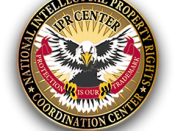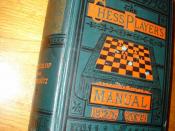Introduction
BUG, Inc., a company based in Connecticut, designs, manufactures, and sells electronic recording devices. These devices are used by law enforcement agencies (police, FBI, etc.) to intercept and record sounds and voices. The equipment taps into telephone wires, cell phone transmissions, and picks up sounds and voices through the walls of a house or in open-air locations through the use of a remote microphone. Part of the equipment is driven by software written by BUG employees. BUG has exclusive contracts with most state and federal law enforcement agencies throughout the United States. This paper will discuss the legal protections BUG should have for its intellectual property.
BUG, Inc - legal protection
Intellectual Property
Intellectual property law is conventionally categorized according to subject matter: inventions, artistic expression, secrets, semiconductor designs, and so on. Intellectual property law regulates what people may legally do with these inventions, expressions and so on. Most intellectual property rights are nothing more than the right to sue an infringer, which has the effect that people will approach the right-holder for permission to perform the acts covered by the right-holder's exclusive rights.
The granting of this permission is termed licensing; a license is 'permission' to do something, in contract form. IP licenses may be used to impose conditions on the licensee, generally the payment of a fee or an undertaking not to engage in particular forms of conduct.
Industrial Espionage
The United States has state-based statutory protection for trade secrets. In an effort to increased protection in proprietary technology, the United States recently enacted the Economic Espionage Act of 1996, which made stealing trade secrets a federal criminal offense. The legal system protects the owner from someone who uses improper means to learn the trade secret, either directly or indirectly. Thus, anyone using improper means to...


